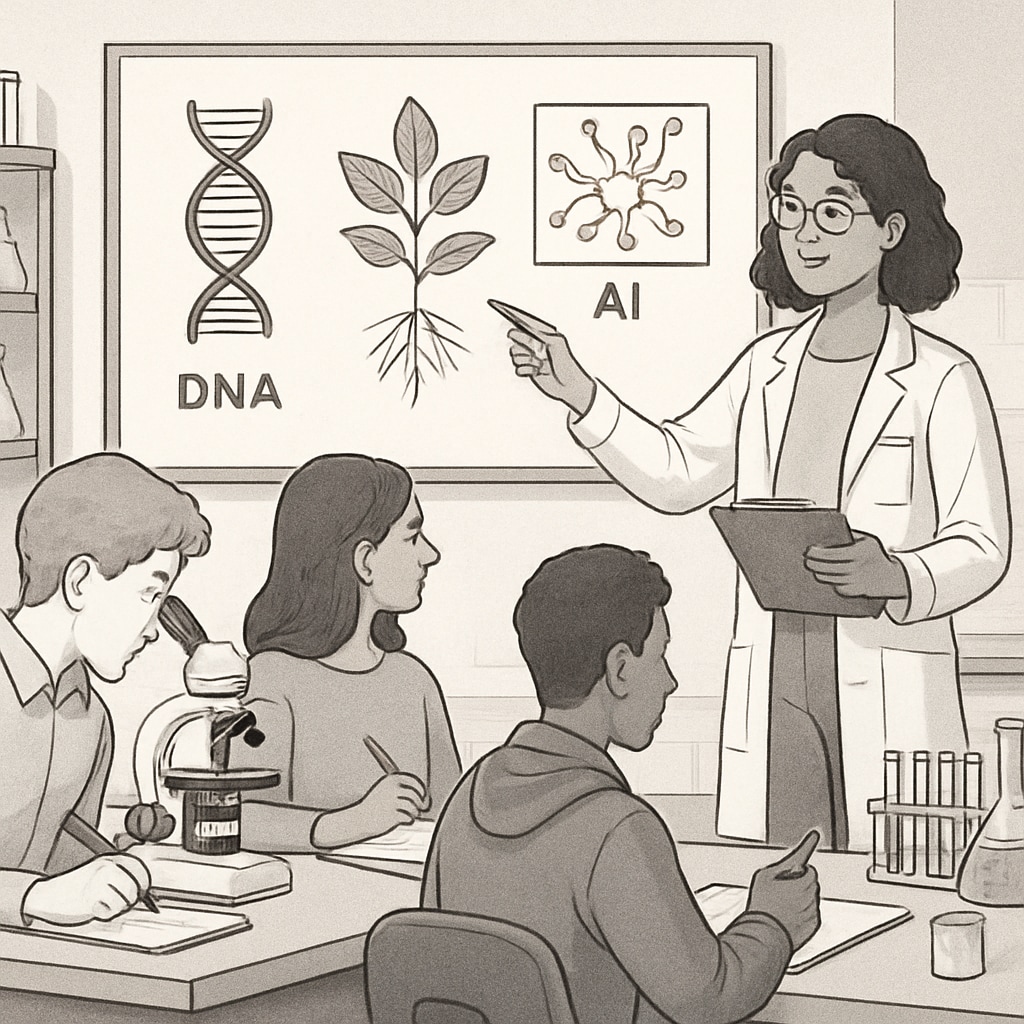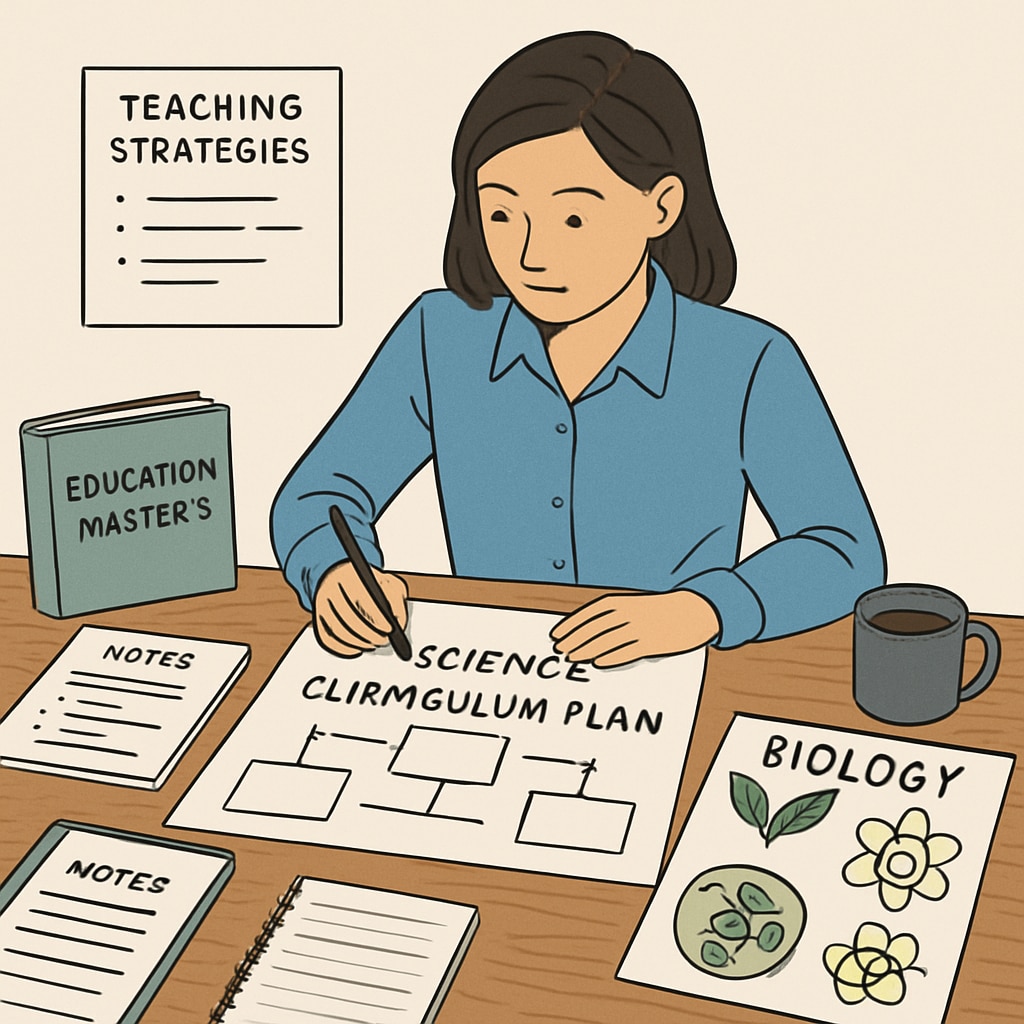The decision to move from a career rooted in biology to pursue a master’s degree in education may seem unconventional. However, this interdisciplinary path can open valuable opportunities for personal and professional growth. This article explores the feasibility and value of transitioning from biology to education, analyzes the challenges and opportunities along the way, and provides actionable tips for making a successful shift.
Why Transition from Biology to Education?
Biology, as a discipline, offers critical analytical skills, research proficiency, and a deep understanding of life sciences. These attributes can be highly applicable in education, particularly for teaching STEM subjects or developing science curricula. A master’s degree in education can complement the technical knowledge gained in biology by equipping students with pedagogical skills, classroom management techniques, and a broader understanding of learning theories.

For example, educators with a biology background are well-positioned to inspire curiosity about science among students. They can also contribute to addressing the growing need for qualified STEM teachers globally. According to Britannica’s overview of STEM education, the demand for educators trained in science and technology disciplines continues to rise, making this transition both impactful and practical.
Challenges in Cross-Disciplinary Learning
While transitioning from biology to an education master’s program is feasible, it comes with its unique set of challenges:
- Adapting to new methodologies: Education focuses on social sciences and pedagogical theories, which may differ significantly from biology’s empirical and experimental approach.
- Developing interpersonal skills: Unlike biological research, teaching requires strong communication, empathy, and adaptability to cater to diverse student needs.
- Navigating administrative systems: Understanding school policies, curriculum standards, and accreditation processes may require additional effort for individuals new to the field.
Despite these hurdles, many biology graduates find their scientific mindset helps them approach these challenges systematically, breaking them into manageable components.

Opportunities for Biology Graduates in Education
The intersection of biology and education offers exciting opportunities, including:
- STEM education leadership: Biology graduates with an education master’s can lead initiatives to improve science and technology learning in schools.
- Curriculum development: Leverage biological expertise to create innovative science curricula and teaching materials.
- Research in educational practices: Apply research skills from biology to study effective teaching methods, classroom dynamics, and student engagement strategies.
As noted by Wikipedia’s section on educational psychology, interdisciplinary approaches often result in unique insights that enhance teaching and learning experiences.
Practical Tips for a Successful Transition
If you’re considering this career shift, here are some practical strategies:
- Identify transferable skills: Highlight how your biology background—such as analytical thinking and research—can benefit your career in education.
- Gain experience in teaching: Volunteer as a tutor or participate in outreach programs to familiarize yourself with classroom environments.
- Choose the right program: Select an education master’s degree that aligns with your interests, such as science education or curriculum development.
- Network and seek mentorship: Connect with educators and alumni who have made similar transitions to gain insights and advice.
By taking these steps, biology graduates can confidently prepare for their journey in the education field, ensuring they make the most of their unique skill set.
Conclusion
Transitioning from biology to pursuing a master’s in education is not only feasible but also highly rewarding for those passionate about teaching and inspiring the next generation. With careful planning, adaptability, and leveraging transferable skills, biology graduates can thrive in the education sector, making lasting contributions to STEM education and beyond.


